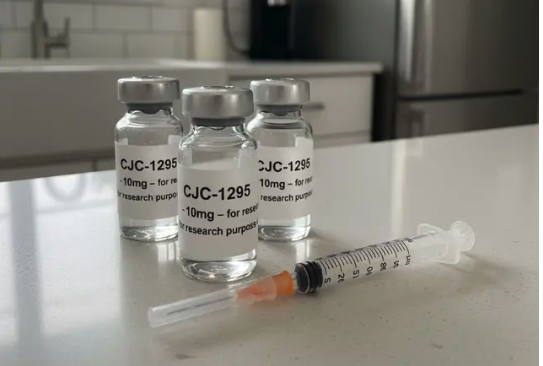
THE GOLD STANDARD IN THIRD-PARTY CERTIFICATION AND TESTING : +1-800-920-6605, info@bscg.org
INEFFECTIVE OVERSIGHT, INSUFFICIENT SUPPLEMENT INFORMATION, AND CONTAMINATED INGREDIENTS CAN SPELL PROBLEMS FOR CONSUMERS
While the majority of dietary supplement manufacturers are honest and responsible, the industry also has a number of unscrupulous manufacturers whose products are problematic or even dangerous. Their supplements, for instance, might contain stimulants, pro-hormones, or other anabolic agents not listed on the ingredients list that can trigger positive doping tests and cause serious health problems.
RAW MATERIALS CAN BE CONTAMINATED
The raw materials that make up the ingredients in a dietary supplement can present additional problems. For even honest manufacturers are not always aware of the exact contents of all of the raw materials in their products. Sometimes these raw materials are inexpensive and come from local sources, or often they are shipped from other countries where quality control standards might not be as rigorous as those found in the United States. As a result, contaminants can and do make their way into the raw materials found in supplement products being sold legally.
UNSETTLING HIGH NUMBERS OF PROBLEMATIC SUPPLEMENTS
A comprehensive supplement information study commissioned by the International Olympic Committee in 2001 analyzed 634 non-hormonal nutritional supplements
bought from 215 different suppliers in 13 different countries and found that a whopping 14.8% contained at least one anabolic agent. Many of these originated in the United States. A more recent paper in 2022 summarized the supplement contamination surveys done to date and found that a whopping 28% of the 3,132 products evaluated contained hidden contaminants that could pose a risk of unintentional doping.
DSHEA CREATED BARRIERS FOR REGULATION
The Dietary Supplement Health and Education Act of 1994 is a vital piece of legislation governing dietary supplement sales and supplement information in the United States. Regrettably, DSHEA places the burden of proof on the Food and Drug Administration to show that a product intended to supplement the diet creates an unreasonable risk of illness or injury, and should therefore be prohibited. This is often a difficult challenge for the FDA to deal with, as was demonstrated in 2004 when the FDA attempted to ban ephedra only to have the ban subsequently overturned by a federal court.
FDA CAN ONLY TEST A SMALL FRACTION OF PRODUCTS
Though the FDA is the federal body charged with regulating dietary supplements, updating supplement information, and protecting the public’s health, it only has the resources needed to test a small fraction of dietary supplements that could be problematic. As the FDA currently warns on its website, “Remember, (the) FDA cannot test all products on the market that contain potentially harmful hidden ingredients. Enforcement actions and consumer advisories for tainted products only cover a small fraction of the tainted over-the-counter products on the market.”
BSCG THIRD-PARTY CERTIFICATIONS OFFERS REAL SOLUTIONS
BSCG’s third-party certification programs fill a significant gap in dietary supplement quality control. With them, BSCG aims to help average consumers and elite athletes alike differentiate safe products from those products that present unnecessary risks. BSCG is pleased never to have certified a product involved in a positive drug test. With our deep experience at the highest levels of anti-doping testing, we use the most up-to-date science to provide manufacturers and consumers with the best protection available against the risks associated with the consumption of supplements.

 YouTube Channel
YouTube Channel
Oliver Catlin Interview
 BSCG BLOG
BSCG BLOG
CJC-1295: Use in Sports and Military Rules Explained

 The Catlin Perspective blog widget
The Catlin Perspective blog widget
THE HISTORY OF BSCG